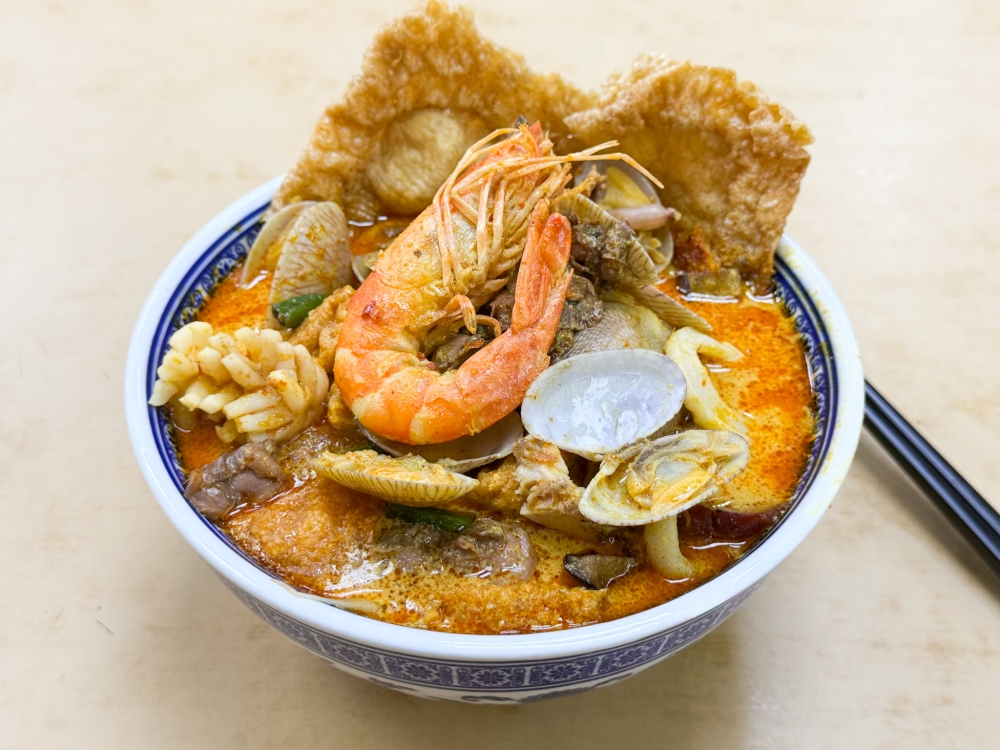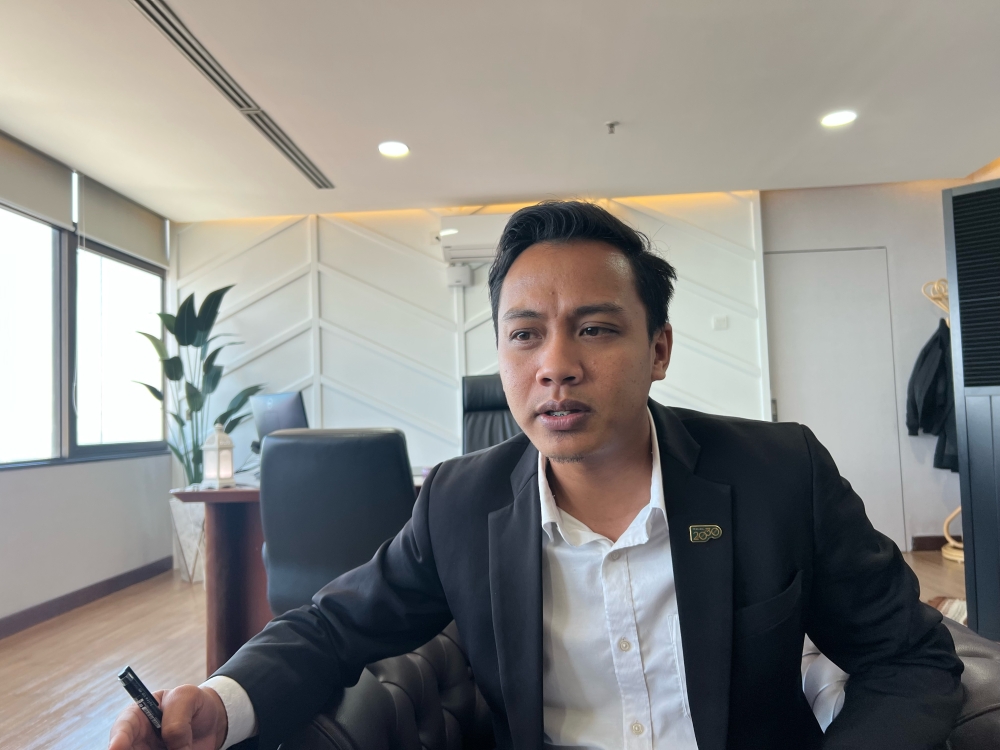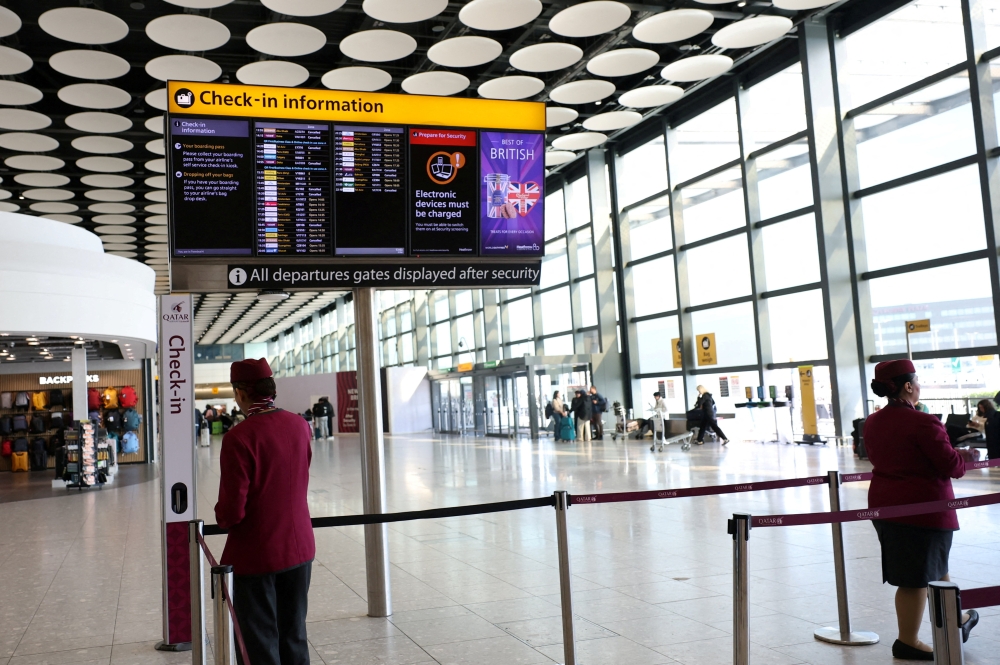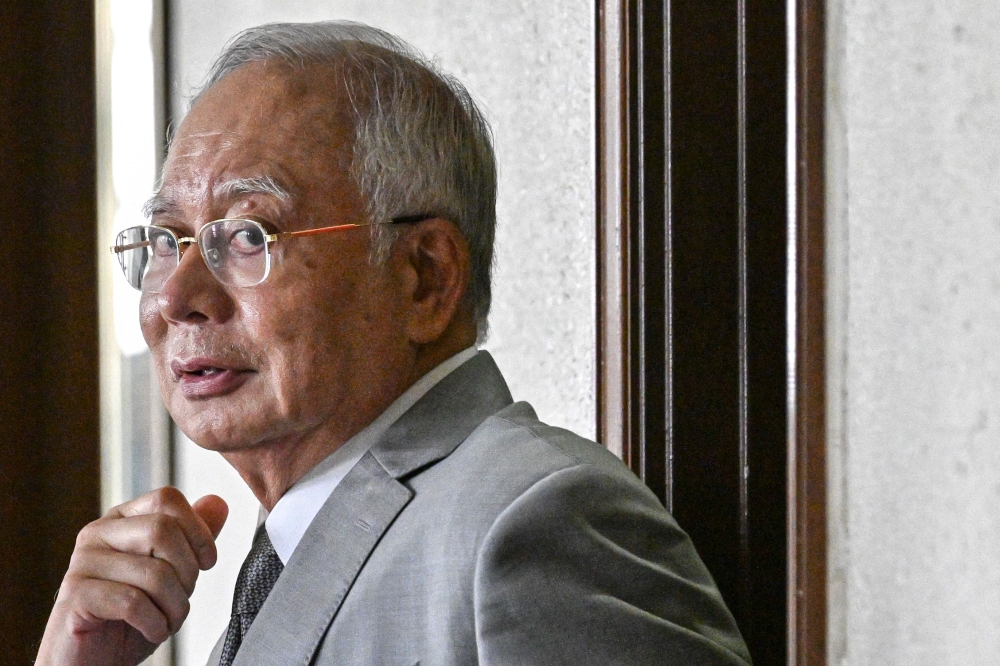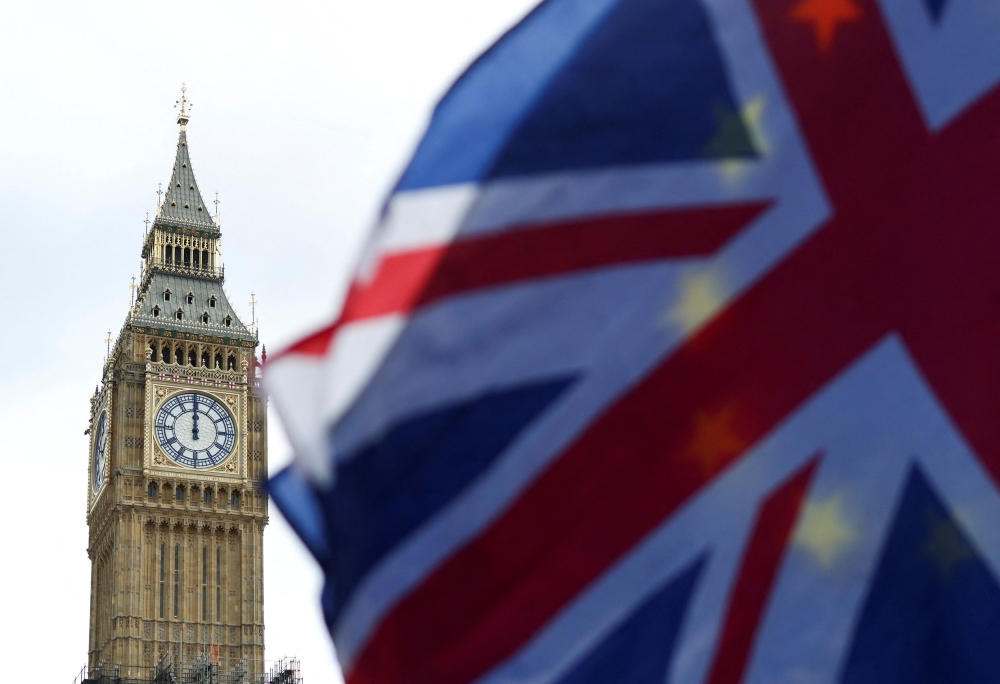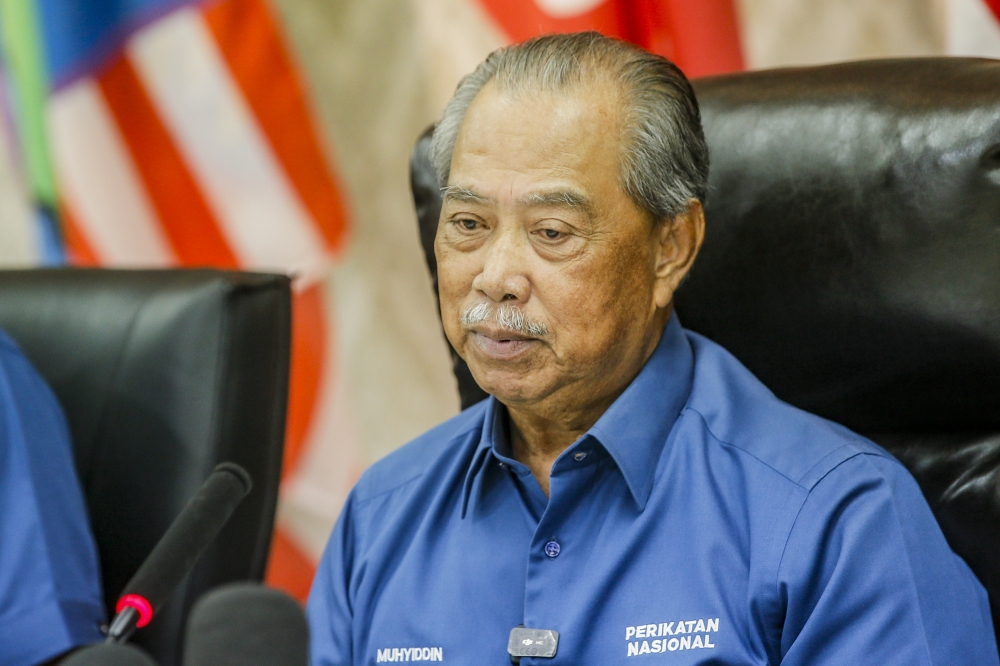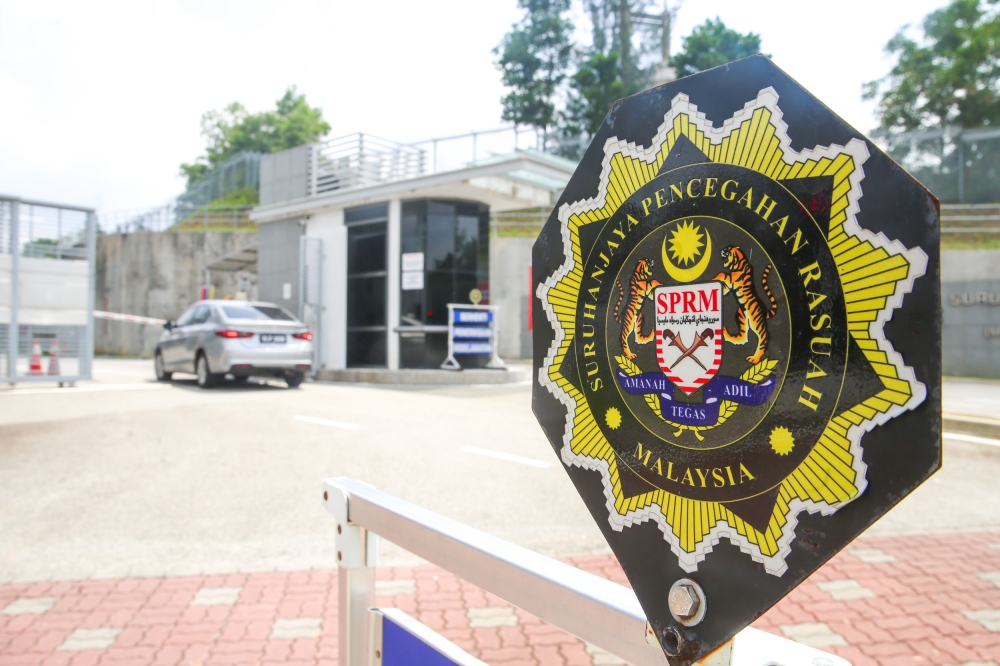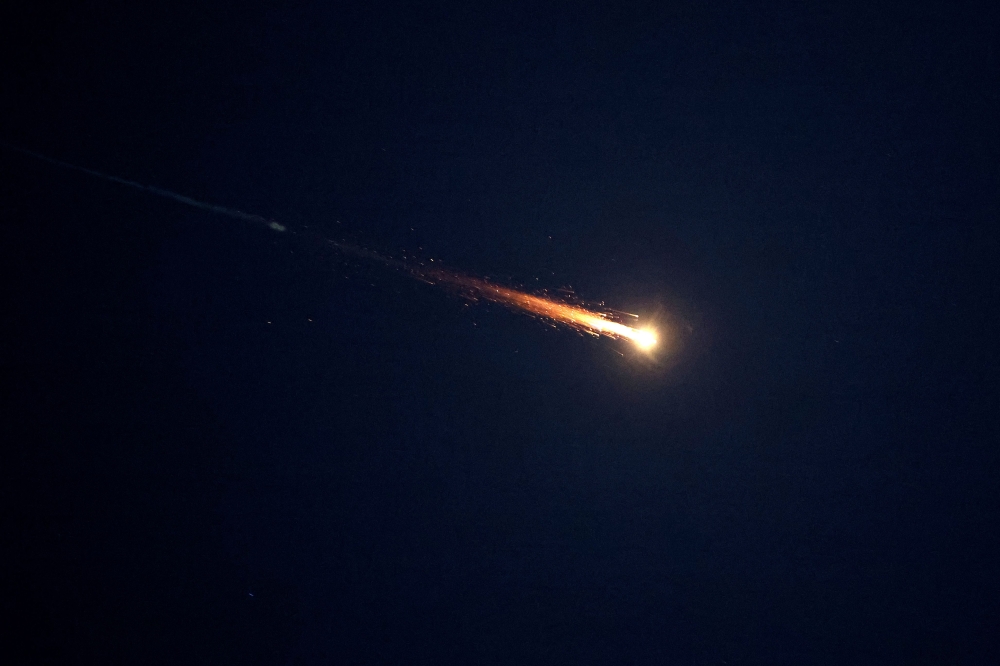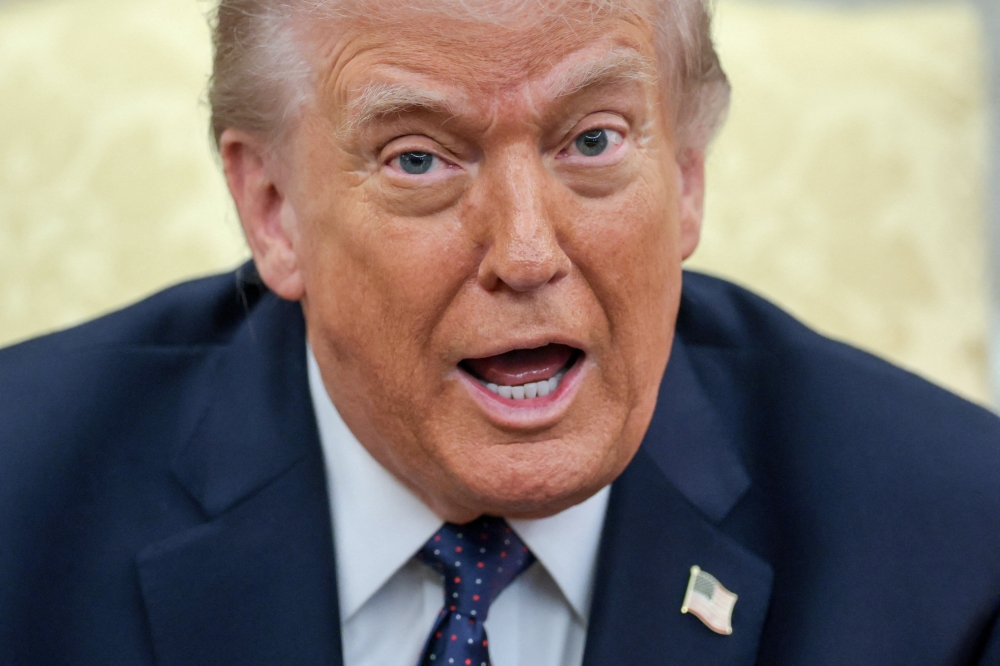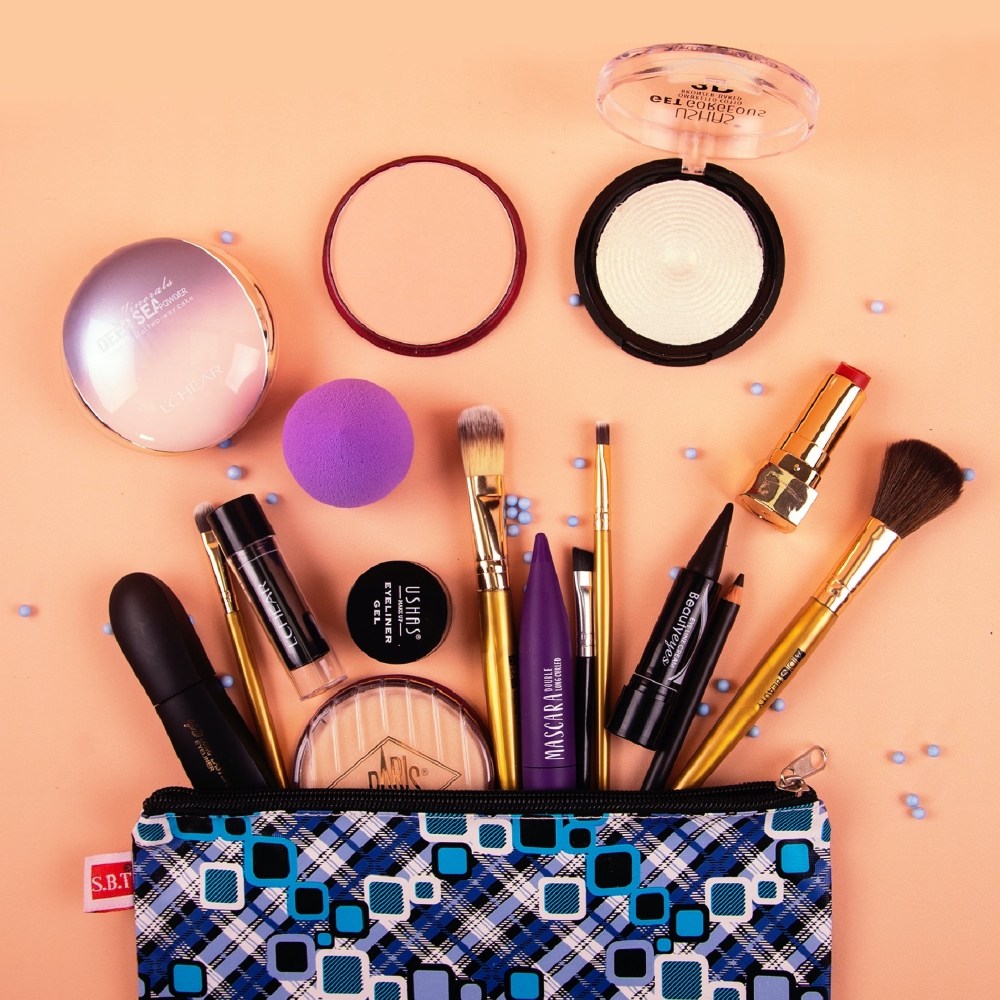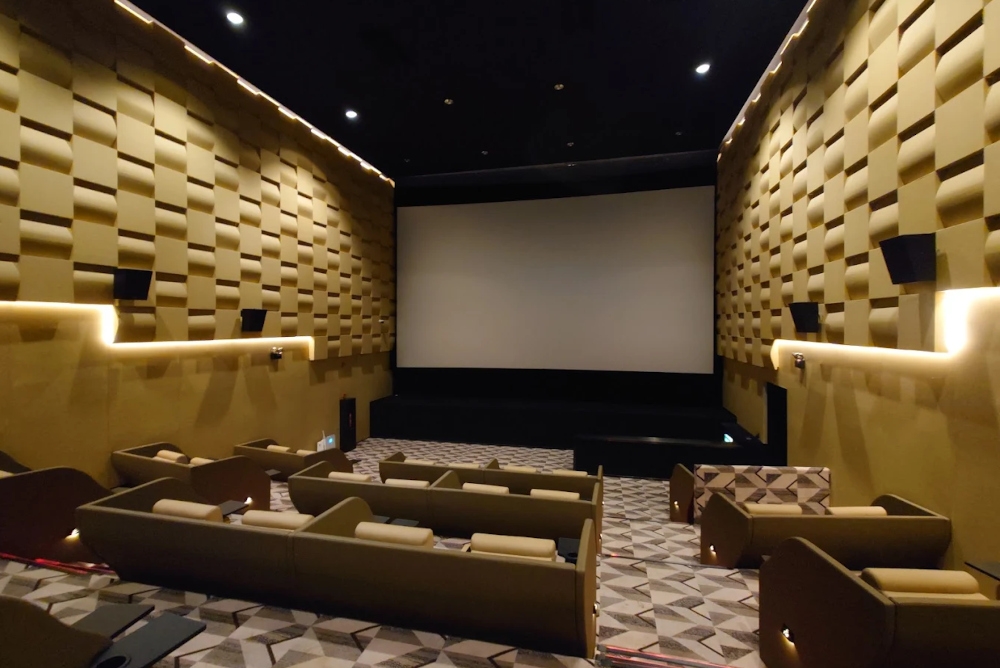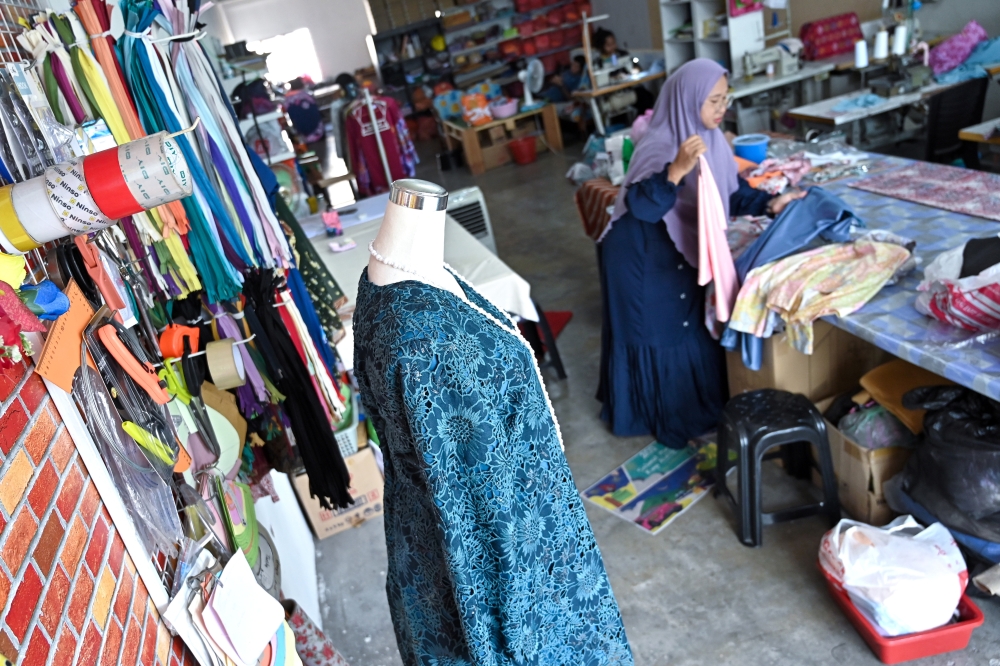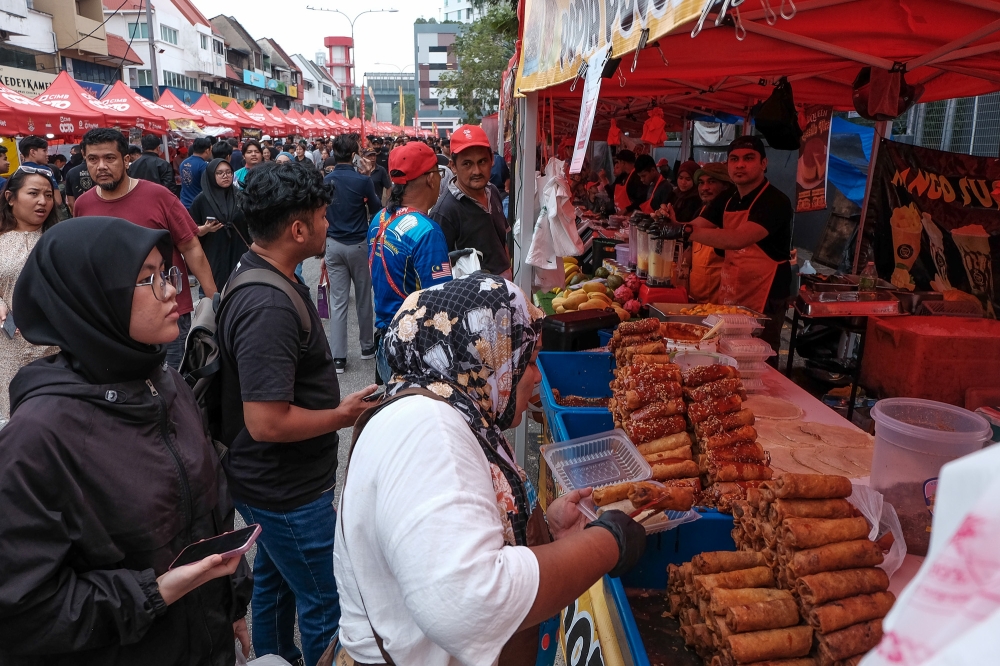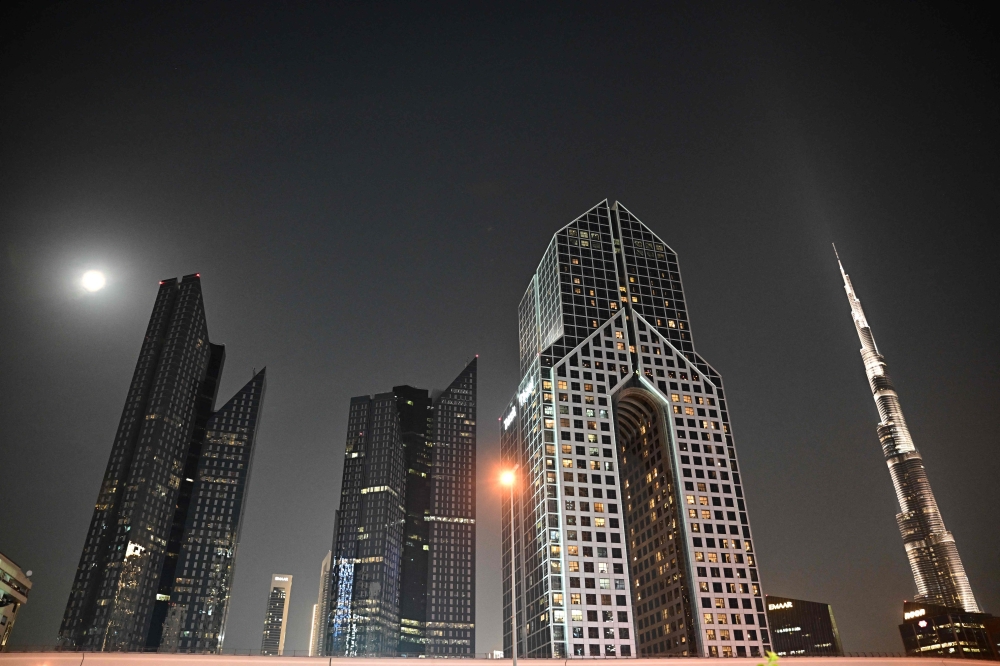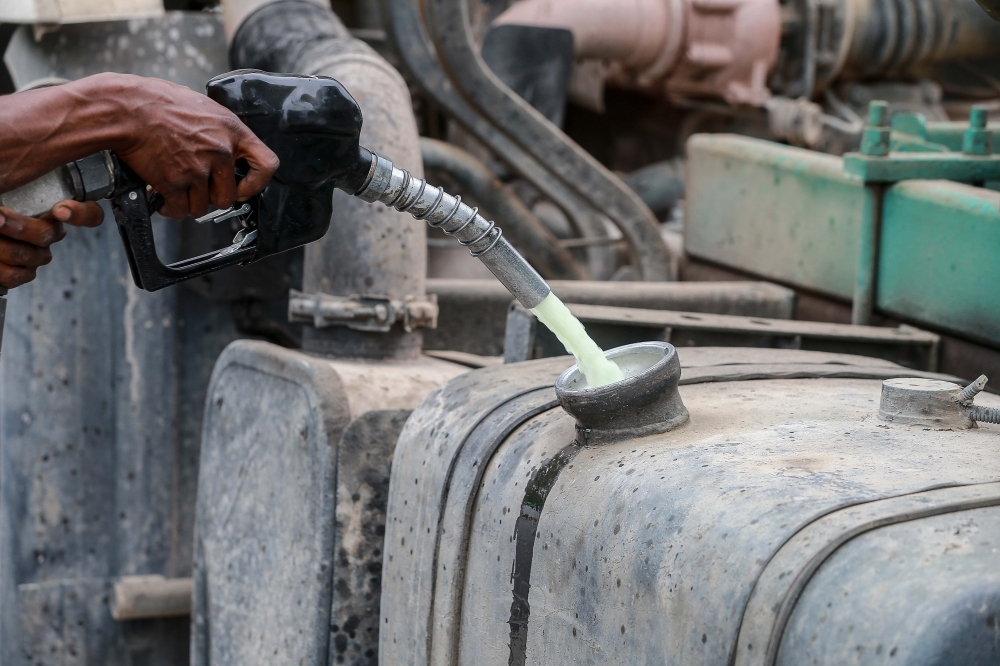KUALA LUMPUR, Nov 20 — The cosmetics and skincare industry is growing at an exponential rate globally and Malaysia is no exception.
In Malaysia, Statista estimated revenue in the cosmetic market is expected to reach US$436.50 million (RM2.07 billion) by the end of this year.
The outlook also expected the market here to grow by 3.12 per cent annually.
Such growth and potential are enough to make any entrepreneur excited for a slice of the market share.
Many young entrepreneurs have already come up with their own cosmetics and skincare brands and penetrated the market, mainly through online shopping platforms.
While it may sound like an easy-to-set-up lucrative business, there are strict measures in place by the Malaysian government to ensure such products are monitored and controlled before they go on shelves.
To get started, anyone who wishes to have their own or bring in cosmetic brands for selling is required to notify the product with the National Pharmaceutical Regulatory Agency (NPRA).
This is because cosmetic products in Malaysia are regulated under the Sale of Drugs Act 1952 and guidelines for Malaysia’s Control of Drugs and Cosmetics Regulations 1984.
This makes product registration mandatory for all cosmetic products before they can be manufactured, distributed or imported into Malaysia.
The notification of cosmetic products can only be done by Malaysian companies, therefore, a foreign company will have to appoint a cosmetic notification holder as their local representative to obtain the cosmetic notification.
The cosmetic notification holder will then be responsible for all matters related to product quality, safety and efficacy.
As part of the product registration, authorities will require the company to fulfil the safety and labelling requirements.
The safety assessments for finished products look into the product ingredients, chemical structure and level of exposure to ensure the cosmetic product is safe to use.
This procedure is the baseline set out by NPRA under the Health Ministry which is also in line with Article 8(d) of the Asean Cosmetics Directive.
The safety assessment will look into various aspects of the products including making sure the product does not contain ingredients that the local government prohibits.
It also looks into adequate packaging requirements, quality control and also stability studies of the cosmetic product’s shelf life.
The labelling requirements, on the other hand, look into the guidelines set by NPRA to ensure the product name and functions are clear.
The label should also have the full ingredient listing, country of origin, manufacturing batch number, expiry date of the product and special precautions to be observed by the user.
Although NPRA has put up complete guidelines for product registration, the documentation process may be tasking for companies who have little to no clue about the procedure.
There are several firms such as Henry Goh & Co that specialise in providing advisory services for obtaining product registration for cosmetic, beauty, and skincare products as well as herbal and traditional medicines.
Armed with 45 years of experience, Henry Goh & Co has matured into one of the leading specialist intellectual property (IP) agencies in the Asean region.
The firm collaborates closely with an extensive network of carefully vetted foreign associates worldwide.
It provides IP services to a wide spectrum of clients from individuals and small businesses through to multinationals and Fortune 500 companies alike.
The company also offers advisory services relating to exploitation and enforcement, working closely with external counsel when litigation is contemplated or becomes necessary.
For more information about Henry Goh & Co, surf over here.



